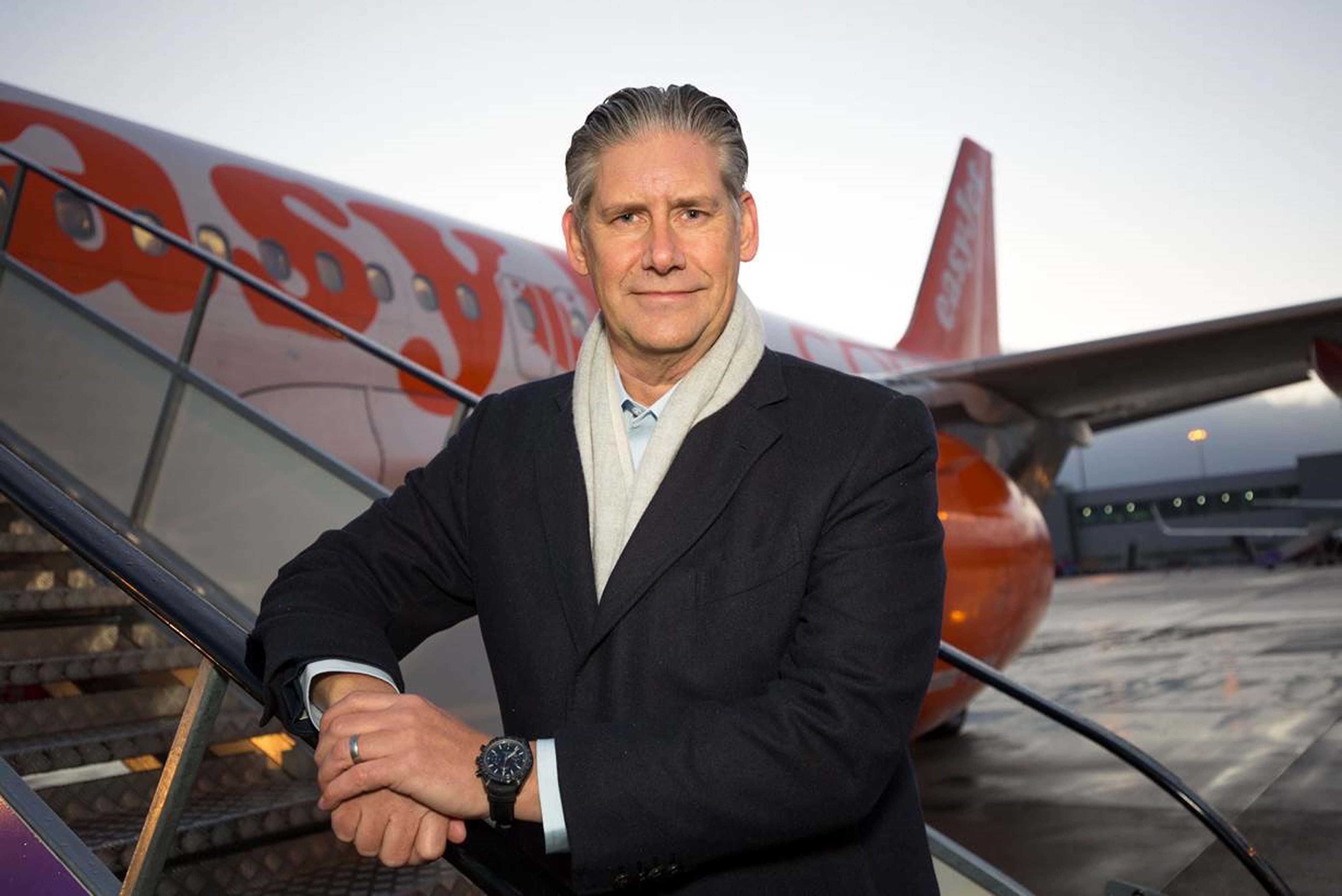‘Record summer bounce back’ for easyJet – but disruption costs airline £75m
Airline blames Omicron, Ukraine and ‘industry-wide issues’ for flight cancellations

Your support helps us to tell the story
From reproductive rights to climate change to Big Tech, The Independent is on the ground when the story is developing. Whether it's investigating the financials of Elon Musk's pro-Trump PAC or producing our latest documentary, 'The A Word', which shines a light on the American women fighting for reproductive rights, we know how important it is to parse out the facts from the messaging.
At such a critical moment in US history, we need reporters on the ground. Your donation allows us to keep sending journalists to speak to both sides of the story.
The Independent is trusted by Americans across the entire political spectrum. And unlike many other quality news outlets, we choose not to lock Americans out of our reporting and analysis with paywalls. We believe quality journalism should be available to everyone, paid for by those who can afford it.
Your support makes all the difference.Britain’s biggest budget airline, easyJet, said it made a “record bounce back” in profitability in the summer, making more than £6m a day in profit between July and September. In a trading update, the Luton-based carrier said its summer performance was in line with the same spell in 2019, before the coronavirus pandemic.
Higher fares meant profitability was maintained with 12 per cent fewer passengers than in 2019.
But easyJet spent £75m on “incremental disruption costs” due to thousands of flight cancellations – many of them at short notice due to shortage of staff.
It said its performance was hit by “Omicron, war in Ukraine and the industry-wide issues experienced this summer”. But the airline said on-the-day cancellations dropped sharply from the beginning of July.
The headline profit figure for the peak summer months was around £675m, but across the year from October 2021 to September 2022 easyJet lost around £180m. Significant Covid restrictions were in place for British travellers until mid-March 2022.
The chief executive, Johan Lundgren, said: “EasyJet achieved a record bounce back this summer. Customer satisfaction indicators also exceeded pre-pandemic levels over the peak summer.”
UK airlines are particularly vulnerable when the pound is weak as many of their costs are in US dollars. But easyJet has strong “hedging” positions that will limit the impact of sinking sterling in the short term.
Mr Lundgren said: “We face the uncertain macro-economic environment with many strengths through our brand, network and business model which enable us to provide low fares to millions despite the rising cost of living.”
The load factor (proportion of seats sold) during the summer was 92 per cent.
Between October 2022 and the end of the year, easyJet plans to fly one-sixth fewer seats than during the same spell in 2019 – though with capacity during the peak travel periods, such as October half term and Christmas week, back to pre-pandemic levels.
Separately, Ryanair said it had reached an agreement with the Unite union for UK cabin crew “which delivers accelerated pay restoration, upfront and annual pay increases”.
Join our commenting forum
Join thought-provoking conversations, follow other Independent readers and see their replies
0Comments